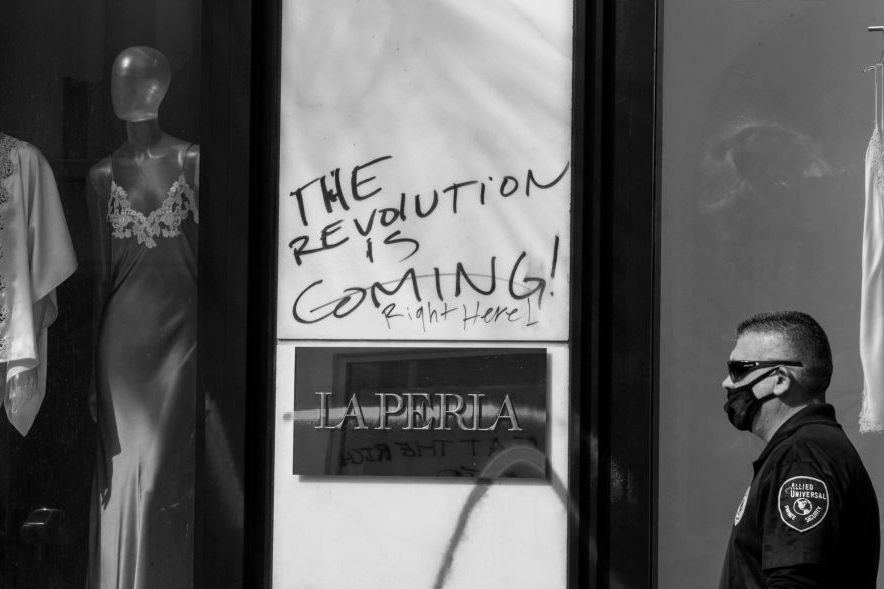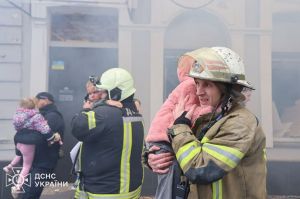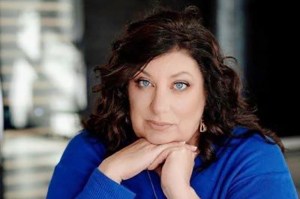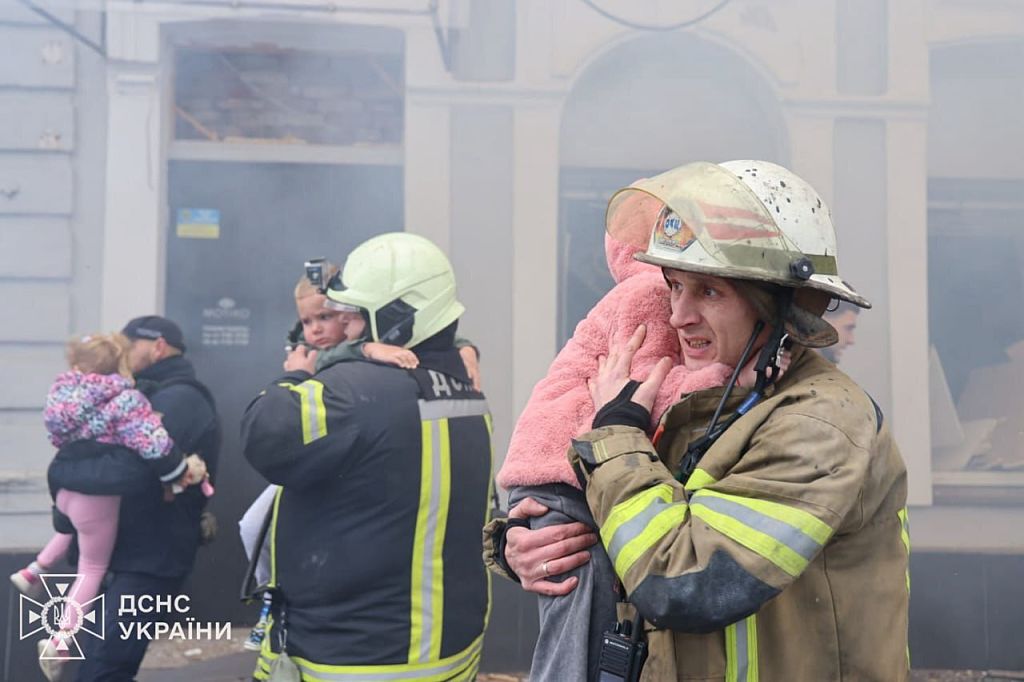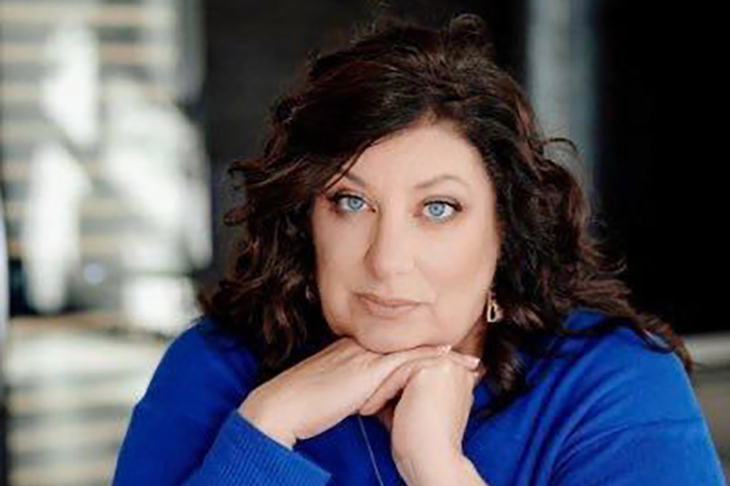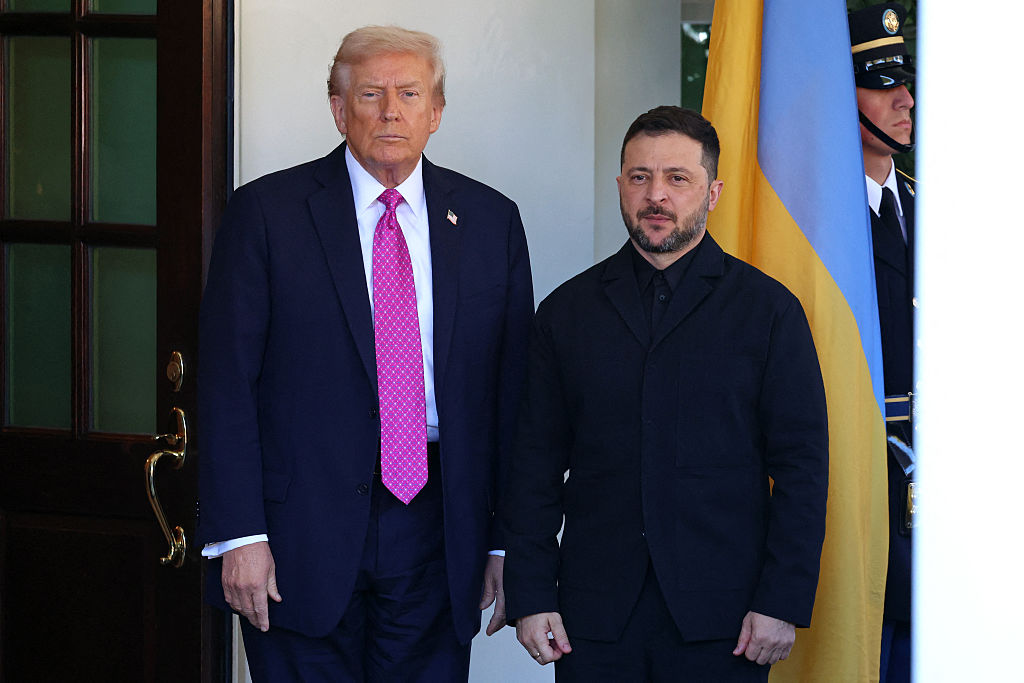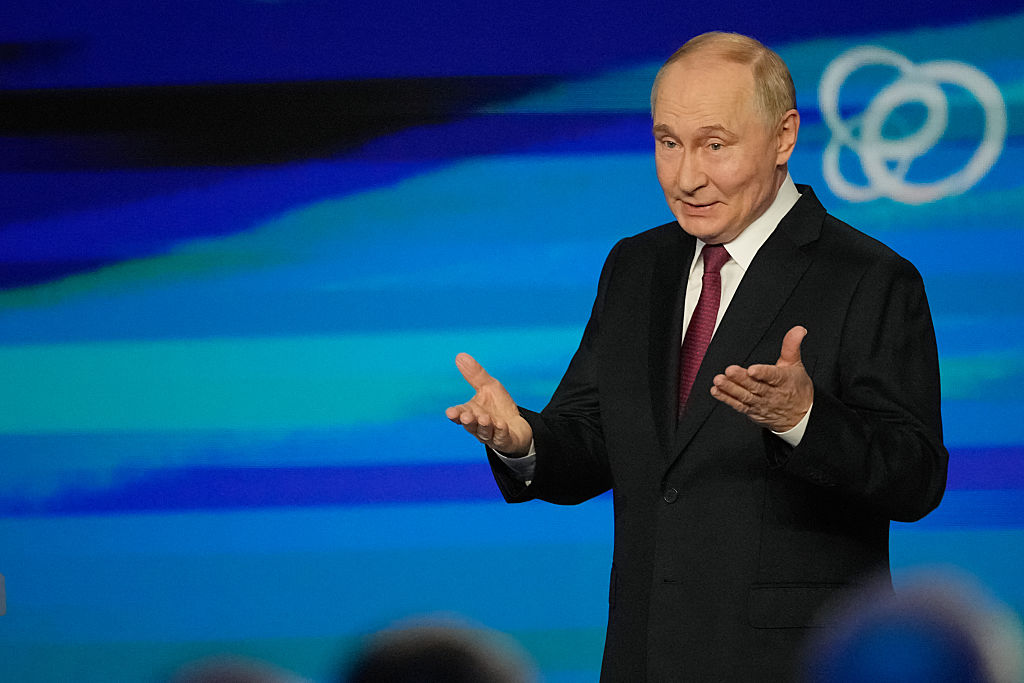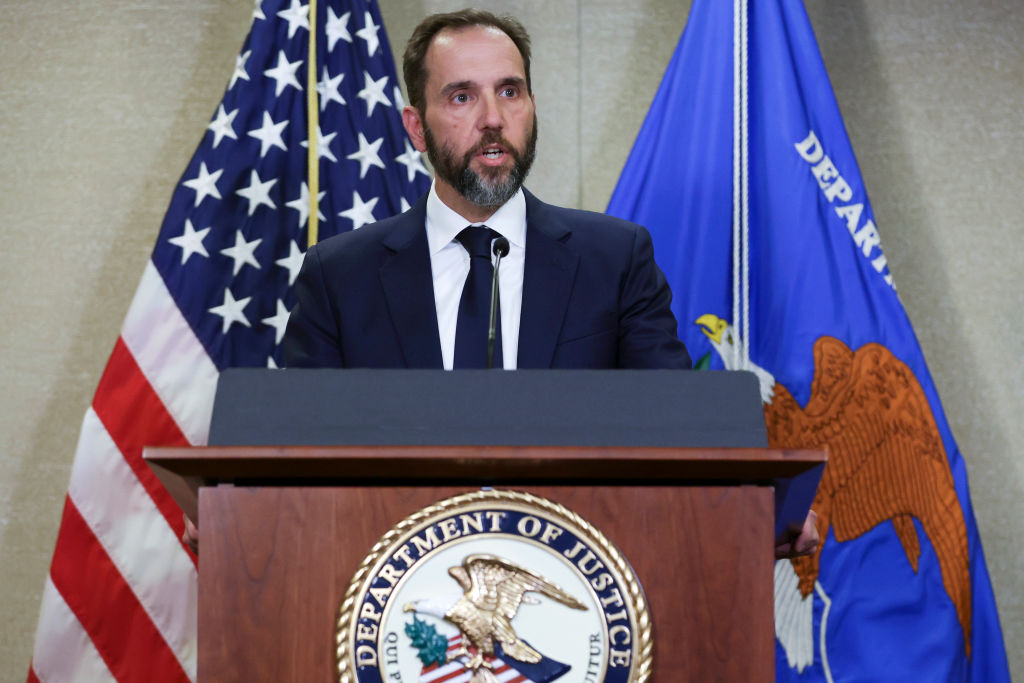In the early hours of May 30, after a night of violent protests in New York, two lawyers were arrested by the NYPD. Colinford Mattis and Urooj Rahman, Princeton and Fordham graduates respectively, were charged with attempting to firebomb a police vehicle with a Molotov cocktail.
Mattis and Rahman are now indicted on seven felony charges for which they could face life in prison. What drove two promising young professionals with top-flight educational credentials to risk everything like this?
Gary Saul Morson, an expert on Russian literature at Northwestern University, offered an answer. ‘To me it’s astonishingly like late 19th, early 20th-century Russia, when basically the entire educated class felt you simply had to be against the regime or some sort of revolutionary.’
Prof Morson made an explicit connection between pre-revolutionary fervor in Czarist Russia over 100 years ago, and the intellectual atmosphere in America in 2020. He wasn’t merely concerned with the intelligentsia either, even if Mattis and Rahman did have more than a whiff of Fyodor Dostoevsky’s Demons (1871) about them. Morson — sharing a sentiment with a majority of Americans — felt that the whole country was on the slide:
‘We have a major depression, we have terrible fear from the illness, and now we have mass riots in the street… And there’s no reason to think it will slow down. The slide could well continue.’
All the way down to revolution? Though there have been some impressively Jacobinical sights in the United States over the last few weeks, surely the forcible overthrow of the government remains a distant possibility? I put this question, and others, to Walter Scheidel of Stanford University, and Jack Goldstone of George Mason University.
‘The good part of Morson’s analogy is that, yes, the United States is starting to look like a country on the precipice of some type of major political disturbance,’ Prof Goldstone told me over the phone last week. ‘I’ve been building a model of political instability with my colleague Peter Turchin and when we map out the degree of economic inequality, political polarization and distrust in government, all of these things are dangerously high — higher than they’ve been since the late 19th century. In that respect I agree with Morson: thinking about earlier revolutionary periods is relevant… The social strains, the pressures on the social fabric, have become extreme.’
Prof Goldstone is a sociologist, political scientist and historian. In 1991 his landmark Revolution and Rebellion in the Early Modern World demonstrated the important role of population changes, youth bulges, urbanization, elite divisions and fiscal crises in generating major political upheavals. Long cycles of revolutionary crises and stability follow non-linear, yet comprehensible patterns — patterns that Goldstone sees at work in the United States.
He distinguishes in his work between ‘social revolutions’ (like France or Russia), ‘anti-colonial revolutions’ (like America or Haiti) and ‘democratizing revolutions’ that seek to overturn corrupt regimes and replace them with more accountable, representative governments. The ‘color revolutions’ in Ukraine and Georgia are examples of the latter. Prof Goldstone told me that he is more struck by the similarities between America and Ukraine this century, than he is between America and Russia in 1917:
‘I see this situation as being more like a modern country — like Ukraine — which, when it became independent, had a series of political crises. The government and the media were not trusted, and there were huge economic problems between different regions. And, like the US today it had an older population.’
A color revolution in the United States is, for Prof Goldstone, not an outlandish scenario: ‘It’s entirely conceivable. There is such anxiety, mistrust of government, such fear among the Democrats about what a continued Republican-controlled government would do to our democracy. What we are seeing now with Black Lives Matter could be rendered small compared to what would arise if Trump failed to accept a narrow election defeat in November… If Trump tried to call the military into the streets to put down the protests, and they refuse, maybe Trump calls up his friends in Moscow to arrange for a comfortable retirement. He goes off, like Yanukovych did in Ukraine.’
If Trump were to pull off a seemingly unlikely win in November, Prof Goldstone is not sure it would be the end of his troubles. Trump’s leadership style is itself a source of instability, he says: ‘We haven’t had someone run the government as they would a personal company, putting family members in charge, making side deals for themselves and so on. This degree of personalization is upsetting to a lot of people. If he is re-elected…I think he becomes more vulnerable. If there is a continuing economic crisis, and the government is deeply, deeply in debt, we could see demands for huge change in government.’
Prof Scheidel, author of The Great Leveler (2017), a groundbreaking global history of inequality from the stone age to the present, is more skeptical about the possibility of revolution in the near future. For him Gary Saul Morson’s comparison with Russia is ‘superficially attractive’ but not quite right. ‘We have to distinguish between two different things. When we look at the trends, certainly you can see them today in the US — an uptick in anti-government demonstrations, the overproduction of elites — all the things Peter Turchin talks about. I have great respect for his work and there is definitely something to it.’
‘But revolution is a totally different thing. What was the most recent revolution in a high income country? There hasn’t been one. It doesn’t mean that it can’t happen but they haven’t happened yet. I think Bahrain during the Arab Spring was the richest country that’s ever had any serious disorder…I simply don’t see how any kind of revolution or large scale societal breakdown could be on the table in a society with a five figure per capita GDP.’
[special_offer]
Prof Scheidel says that the United States is more likely to be dealing with ‘a tamed version of conflict and strife within society, especially a society as polarized and heavily armed as the US.’ I asked him about what this violence might look like, and how it might be different from other historical revolutions:
‘A factor that does make the US unusual is the presence of 300 million privately owned firearms. This makes it distinct among high income countries. There is the potential for more overt violence that you wouldn’t get in other places…the largest group of people who know who to use arms are not militias, gangs or even the police, its veterans. Millions of Americans used to be in the military and they are now either in the national guard or civilians with training. It seems unlikely to me that they would be the backbone of a violent revolution. They would be more likely to side with the government in the end. The potential for repression if it were needed in the US is such that it would absorb a violent uprising by well-armed groups in the population. It wouldn’t be a pretty picture but I think that is the underlying dynamic. It’s very different from Russia [in 1917] where the government mobilized millions of peasants and gave them training and weapons. You don’t have a mobilized population like this anywhere.’
According to Prof Scheidel, people ‘have a lot to lose. Even disadvantaged groups have a lot to lose in a high income economy.’ Even the intelligentsia, for all its radicalism, ‘prize the stability of the current system and at the same time they like to talk about how terrible it is, and how ideally it should be brought down, but they don’t really expect that to happen.’ I asked him whether the COVID-19 pandemic might end up being an agent of political change, rather than protests or riots on the streets. He remained skeptical: ‘I don’t think the current crisis is going to be severe enough to destabilize the present system. We already see that. The response has been QE to keep the economy afloat and all these patches to stave off immiseration, and you already see a recovery in the US and other places, including China. Unless anything weird happens I’m moderately optimistic about all this — with respect to continuity, but pessimistic with respect to truly equalizing change.’
Prof Goldstone thinks that preventing major upheaval in the United States would require a lot more than merely patching up the economy. ‘Maybe we could get out of this,’ he says, contemplating a Joe Biden victory in November, ‘but it would require change on a scale that we haven’t seen for over half a century.’



